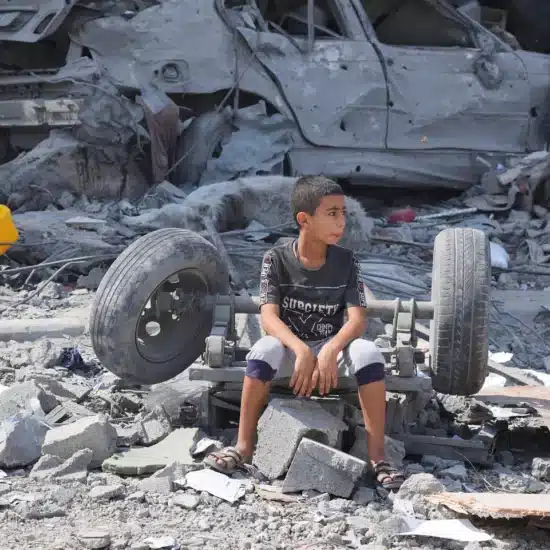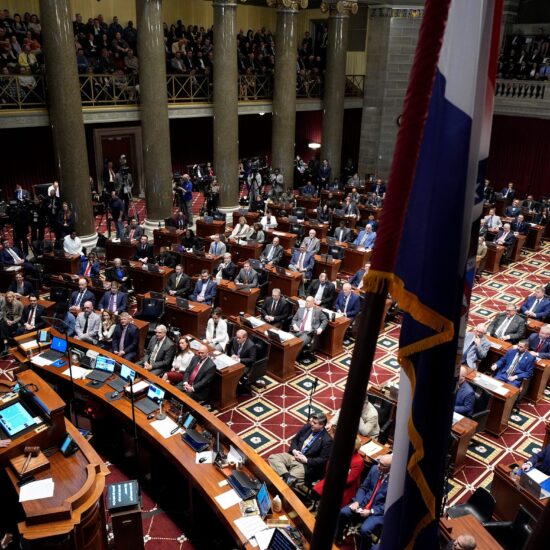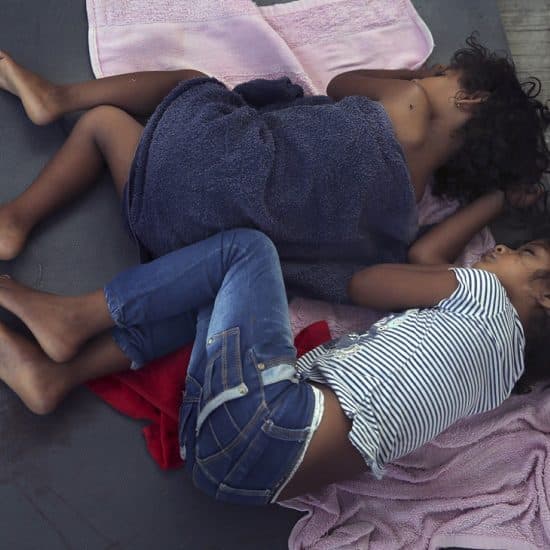After a recent world-wind visit as part of a Jordan Tourism Board tour for religious journalists, I wrote about the experience of visiting briefly with Syrian families who have found refuge in Amman, Jordan.
A few were middle-aged, others were young parents, some teens and others young children. Each one was a practicing Muslim. Each was safe from the horrors of civil war back in Syria but they faced the uncertainty of next year, next month and the next day. They were, after all, simply seeking refuge in a foreign land.
Each had concerns about family members still exposed to the dangers and sometimes atrocities of civil conflict. They had strong feelings about what they thought should be done to quell the bloodshed back in Syria. But they lose a sliver of hope every day that they might return to the place they love and fear they may never again see loved ones back home.
These are Abraham’s offspring through Ishmael, his son by Sarah’s servant Hagar. As such they are God’s children by creation, cousins of people like me, so to speak.
These devout Muslims welcomed a pair of Christian journalists with open arms into nearly bare quarters and offered hot tea and dates, demonstrating the hospitality for which Arabs are well known across the Middle East.
The older people in one house were animated as they told of losing children to violent death and seeing young children wounded in what seem like random attacks back in Syria. Some displayed anger and frustration. Remembering freshens these harsh memories.
The teens have similar feelings. They wonder if youthful dreams they very recently had for education and vocation are still possible for them. The youngsters stay close to their mothers, sometimes even clinging to them. What will life be like for them?
I experienced some new emotions and insights as I observed these people. This was a new experience for an older journalist.
In American Christendom, we often see adherents to Islam painted as the enemy of Christianity. Many Muslims feel that way, and many Christians have a reciprocal disdain for Muslims. Or, Christians view Muslims as just another evangelistic target, preferably won to Christ from a distance.
In these brief encounters, I looked into the eyes of people in circumstances that I found to be most cruel. The immediate needs of shelter, nourishment and loneliness are human needs, not limited to any religious adherents.
Later, I thought of how Jesus responded to people who were different, linked to the rest of uncaring society by mutual human need.
A 7-year-old Arab boy, with the help of his 14-year-old brother, pulled up his pant leg to reveal scars from gunshots on his leg and a crude brace that enables him to walk without his foot dropping because he still waits for a possible surgery to repair a tendon split in the attack.
In another context, that boy could be one of my grandsons. His 3-year-old sister clinging to their mother could be my granddaughter. When I mentioned I had a granddaughter the same age, the little girl perked up and asked me her name, she volunteered hers. Thankfully, my granddaughter has never stayed awake at night worried about air attacks just outside. Her home has never been bombed.
Jesus would have engaged these families in earnest conversation. He would have ministered to them in their grief, their pain and their uncertainty. He probably would have spoken sternly to landlords tempted to gouge them for more money, or some employers who hired the men for a day’s work and then shorted them at the end of the day.
Jesus would have gathered the children close and calmed their fears, too. He might have healed the youngster who is lame today because he was hit by a soldier’s bullets more than a year ago.
It is hard to imagine Jesus practicing the old inner-city mission routine of requiring needy people to listen to a long Christian sermon before earning a bath, a place to sleep overnight or perhaps just a meal. The Jesus example was to offer compassion, healing and ministry, then invite people in the Way.
I’m glad I had the experience of seeing these Middle Eastern people as not so different from me except for their circumstances. Man-made labels, locally or internationally or in a religious context, are powerful barriers.
Sometimes I wonder if we have learned anything in the past 2,000 years about emulating Christ in our world.
Bill Webb is editor of Word&Way.






